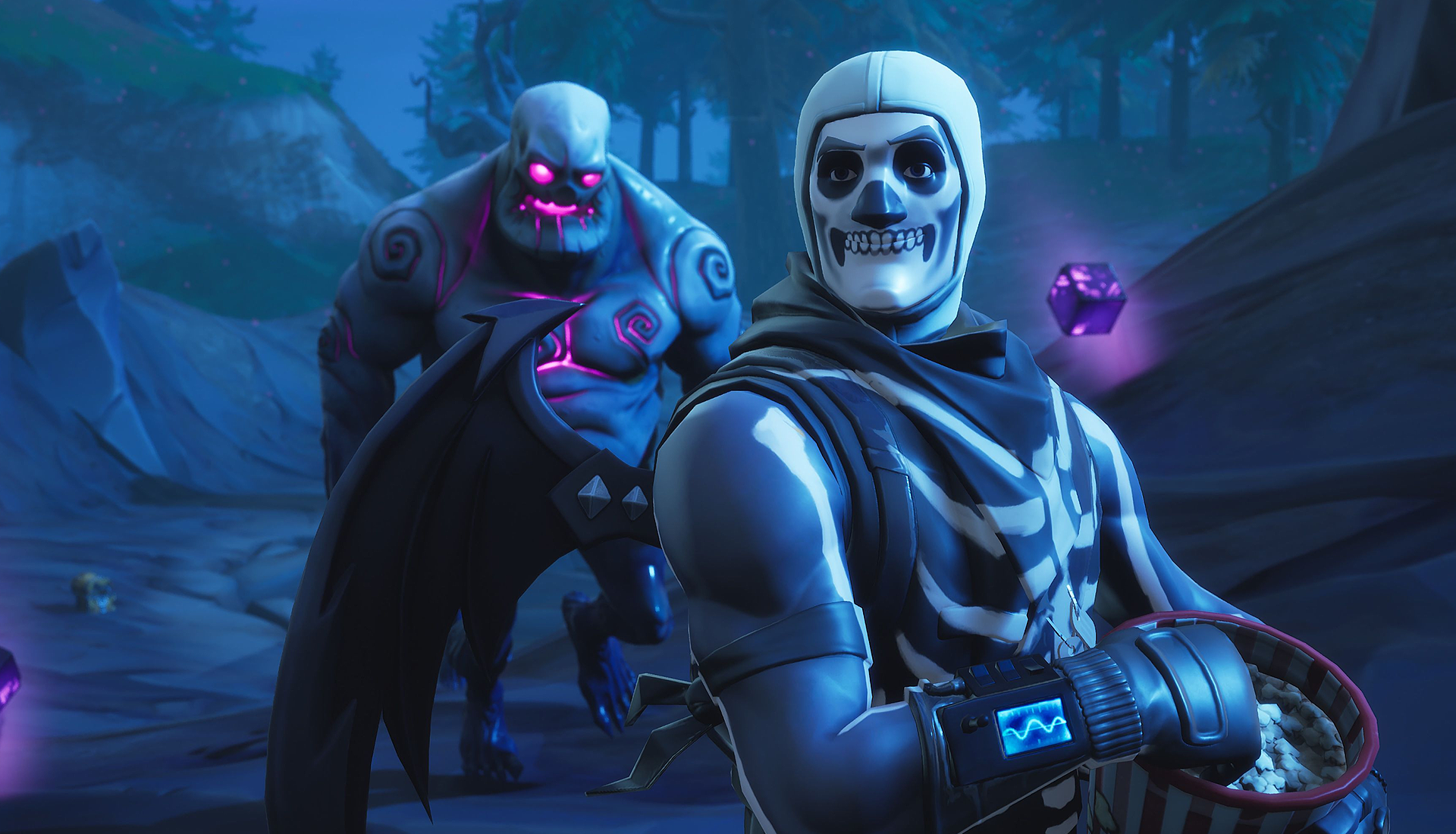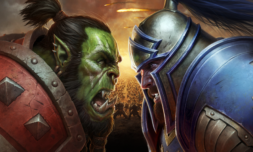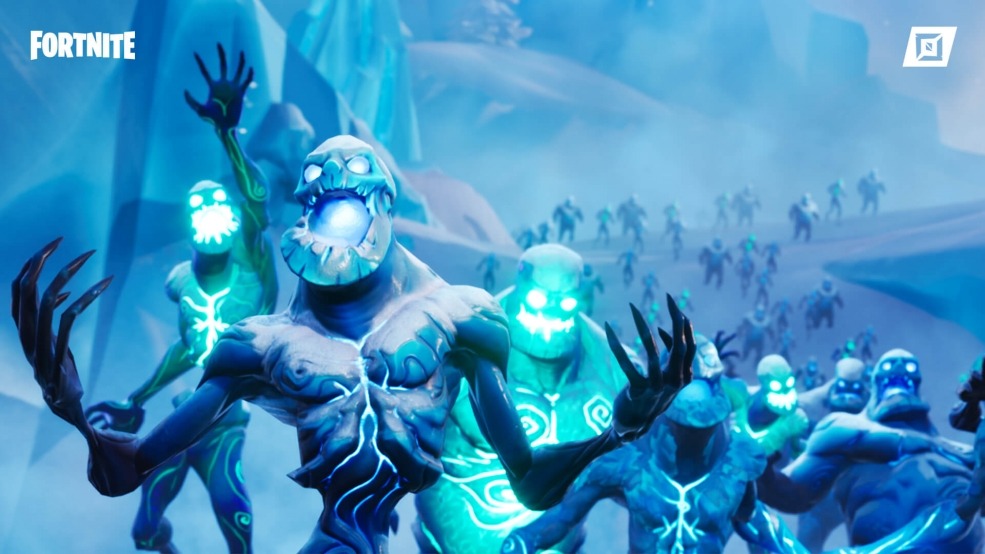Free, downloadable games seem to the business model of the future. As Epic Games takes over the battle royale genre, Fortnite continues to dominate and rake in the cash.
Fortnite, the world’s most popular video game of last year, is technically still in ‘early access’ and is free to download and play. You can challenge others online, use any weapon you choose, and have every advantage at your disposal. The only difference between you and a paying player is cosmetics and skins.
On the surface this may seem like a business model that doesn’t make sense. Why would players shell out cash when the core experience is identical? Yet, Fortnite has reportedly made over $2 billion in revenue in 2018 alone, making it the most lucrative digital game currently available.
So, how does Fortnite make its money? Whether its eSports competitions, YouTube sponsorships, or collaborations with other big brands, Epic Games has kept ahead of the curb with its business model and maintained a market dominance that other titles can only dream of. We’re here to break down the basics and pinpoint what exactly makes the battle royale title so popular.


What does your money actually get you in Fortnite?
Paying out of your own pocket will get you a ‘Battle Pass’ which gives you access to the top tier of ‘levelling up’ within online matches. Basically, you’ll unlock far more cosmetic items and customisable gear as you progress than a free to play customer would. This model works well because Epic Games still makes a profit, the player still feels they’re earning rewards organically through play, and new items can be put into the game constantly. It’s a system that can be rinsed and repeated – and has since been used in other titles such as Rocket League and Overwatch.
The best part is that it’s entirely optional. Players don’t feel forced to use it and the matchmaking system doesn’t become split off into people who pay for Battle Passes and people who don’t. Games of last generation learnt painful lessons from cutting off content behind paywalls – extra, paid for Halo maps became unplayable due to too small of an audience. A map is no good without anything to do.
There are some items in the Fortnite shop that have fixed prices, and aren’t included in the levelling up system. These usually sell for around £10 – £20, making them particularly lucrative for Epic Games. Again, though, it works because you don’t need it to stay in the game, and there’s no competitive advantage. It’s all optional, which proves successful in games, advertising, and just about anything commercial. If you don’t feel forced into it, you’re far more likely to consider handing over cash.
Unfortunately, that means you can’t blame that low bank balance and questionable spending habits on anyone but yourself.




















